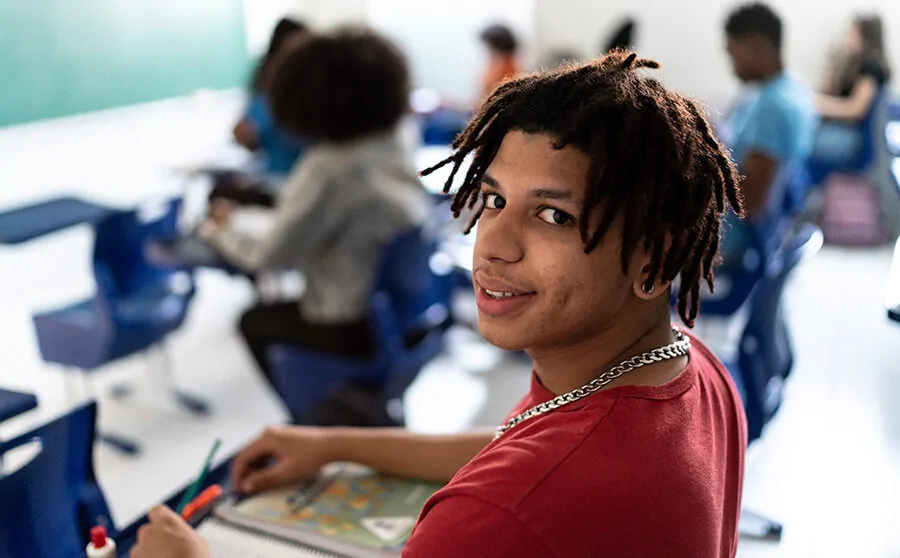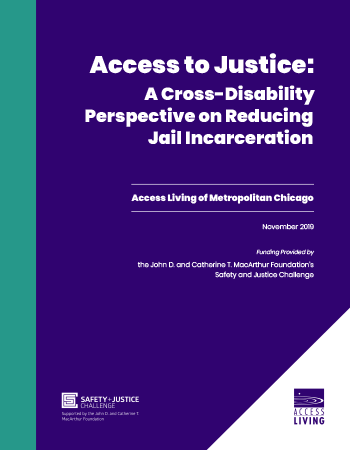Remaining Challenges
Multnomah County is committed to addressing its remaining challenges to ensure the local justice system is fair, just, and equitable for all.
In an effort to launch a broad systemic conversation about inequities embedded in the criminal legal system, the Local Public Safety Coordinating Council’s (LPSCC) January 2020 What Works conference highlighted the need to redefine the jurisdiction’s entire approach to criminal justice and intentionally put equity at the center. In response, LPSCC launched a multi-year Transforming Justice process to develop, align and implement strategies for system change by engaging criminal system leaders, health/housing system leaders, elected officials, service providers, victims of crime, community members, and individuals with lived experience to ask hard questions and, together, reimagine the future of justice policy. An inclusive steering committee of people with diverse backgrounds and professions was formed in May 2021 to direct this work, under the guidance of outside facilitators identified through a competitive procurement process.
Finally, the COVID-19 pandemic has had a significant impact on every aspect of the County’s local justice system and continues to uniquely affect those incarcerated in jails. The foundation of collaborative, data-driven strategies — including the necessary structures and collaboration from local stakeholders that are in place to support these strategies — set the County up to respond to the pandemic swiftly and effectively.
Action from policymakers to reduce the spread of COVID-19 among adults in custody led to significant reductions in the local jail population and, moving forward, a continued interest in sustaining the policies to maintain a low population. Further, the challenges of the pandemic, paired with local and national calls for racial justice and reckoning, are powerful motivators to substantially change the way the local criminal justice system functions.



